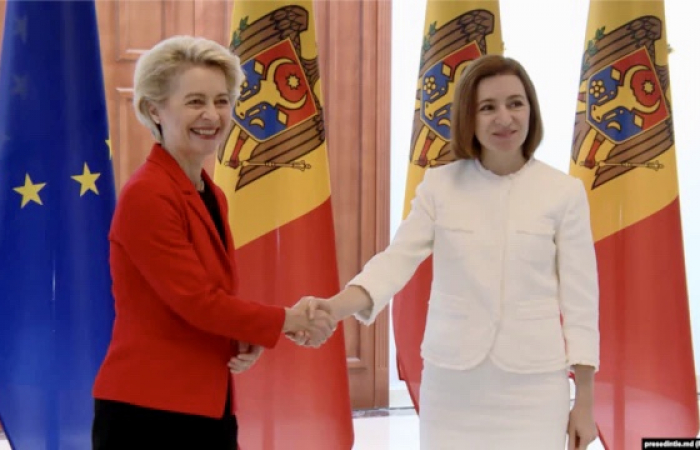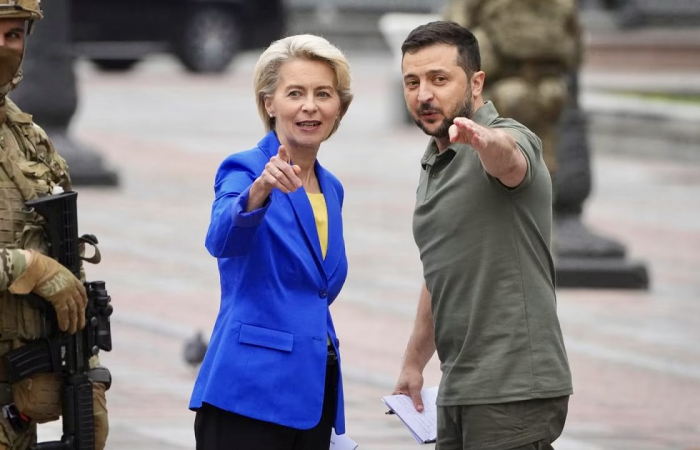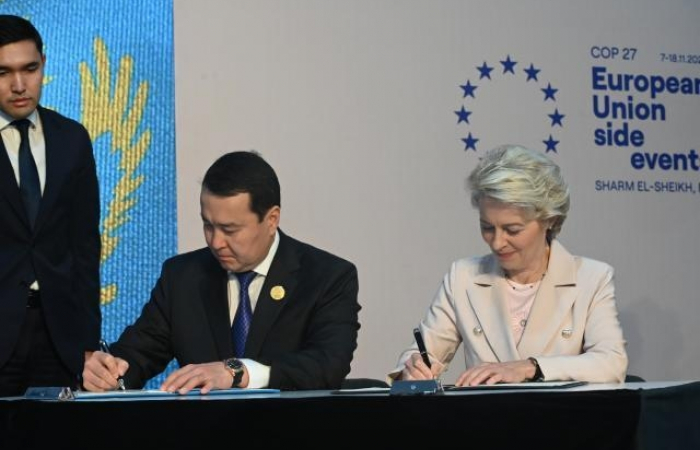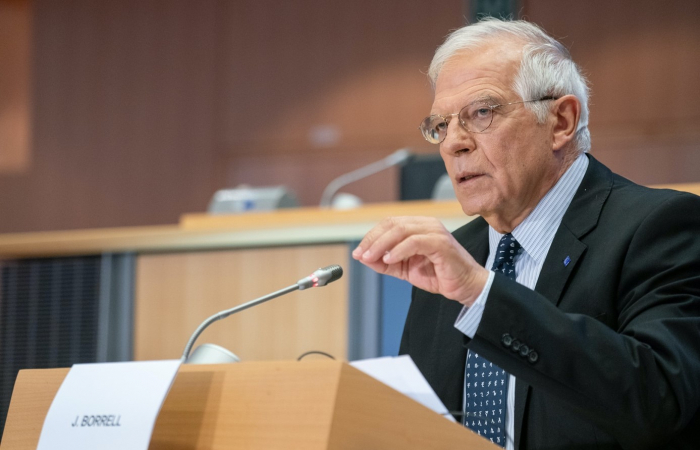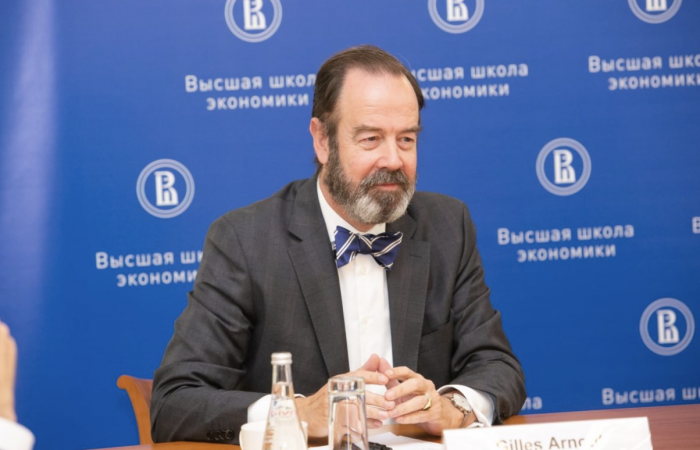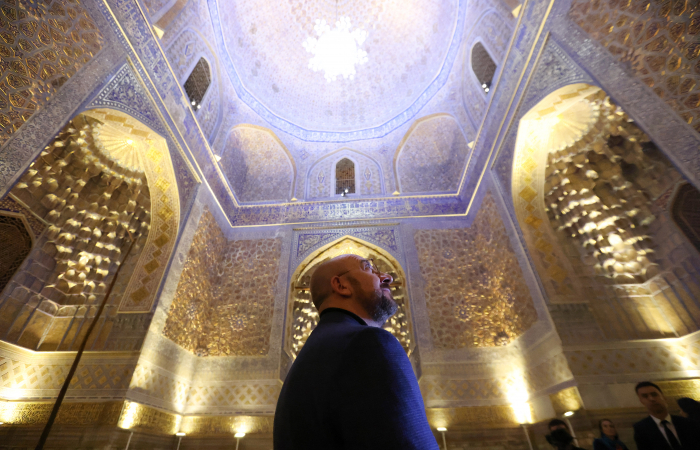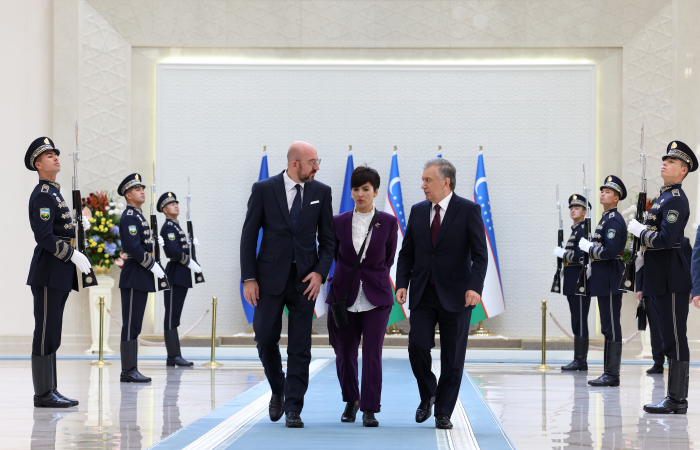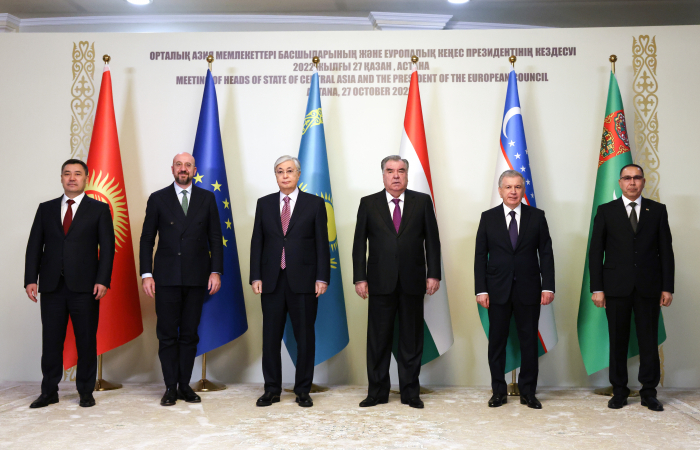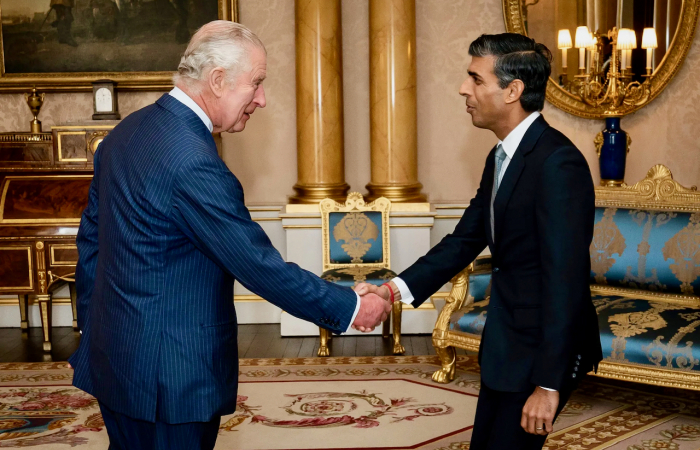Editor's choice
This is a members’ functionality. Please
Sign upMonday Commentary
Trending
Monday Commentary: Why Central Asia matters
31 October 2022
Very often, Central Asia is referred to as Russia’s back yard, even though today the region feels more like China’s front garden. But whilst the two “inseparable” friends, compete for influence and resources, the five Central Asian countries have set on a course to integrate themselves in global processes, break out of their geographic - and more importantly their geo-political constraints - and deliver better for their people. In this week's Monday Commentary on commonspace.eu, Dennis Sammut says that the Central Asian states have been reaching out to the EU and the US, whilst domestically some of them have embarked on deep reforms considered all but unimaginable until recently. The visit of European Council president Charles Michel to the region on 27-28 October marked a high point in a new phase in the relationship between the EU and Central Asia. In Kazakhstan, Michel not only met the Kazakh leadership, but also held a summit with the five Central Asian leaders in Astana, before travelling to Uzbekistan. For both the Central Asians and for the EU this is a watershed moment, and the beginning of a long journey. Europe’s approach to Central Asia needs to be respectful, both to the five countries themselves, and to their existing partners. Arrogance, even of the intellectual kind will simply backfire. But respect does not mean meekness. As a heavyweight in international relations, even if for the moment its economic weight dwarfs its political weight, the EU needs to approach Central Asia neither as a supplicant, nor as a benefactor, but simply as a reliable partner. Furthermore, this partnership needs to be diverse, multi-tiered and nuanced. It must take in relations with citizens, where Europe has much to offer both in terms of being a model, but also in terms of what it can share in areas such as education, innovation, youth welfare, women’s rights and diversity.





